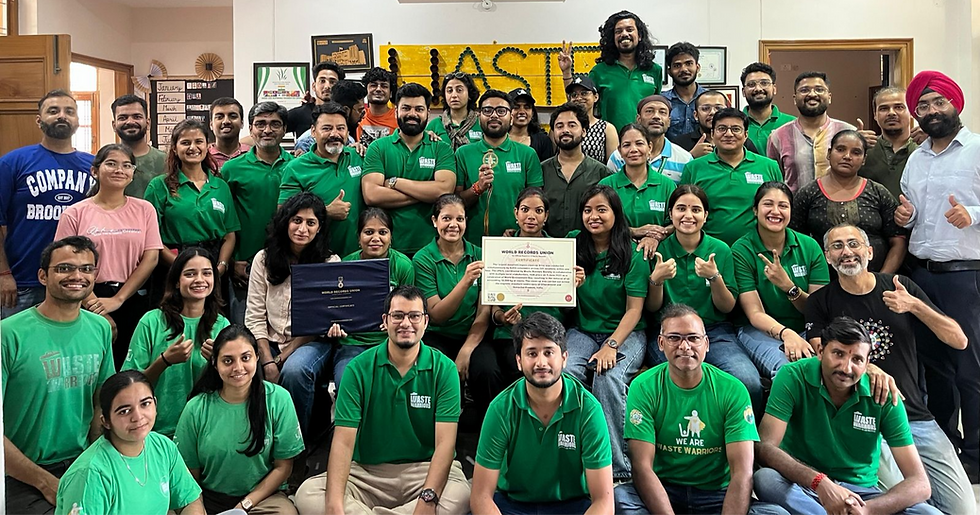Nationalism in Global Arena
- Khwaish Gupta
- Jun 22, 2020
- 3 min read
Updated: Jan 30, 2023
In Rabindranath Tagore’s celebrated poem ‘Where the mind is without fear’, he talks about a world that has not been broken up into fragments by narrow domestic walls, thereby hinting at a lesser known dimension to the idea of nationalism.

Popularly, nationalism is known as one’s unconditional support for his/her nation, especially to the detriment of other nations. Be careful, though, to differentiate it from patriotism which is just extreme love for one’s country. To exemplify, a nationalist (as per popular culture) would make a statement like “My country is the best”, against a patriot who’d say “I love my country”. Someone I read had laid the cards, very discreetly explaining the most obvious yet oblivious flaw in the concept of nationalism. If a group of Chinese, Indian, German, Russian and French nationalists are sitting, chatting and claiming that their respective countries are the best, they probably won’t be even sitting together anymore. The old school concept of nationalism ruffles feathers when it comes to the world being a global village, thus driving our prospects to co-exist as global citizens to go downhill.

Tagore so offered us a different definition of nationalism where there is tireless endeavour towards perfection, reason exists and mind is led by ever-widening thought. Howsoever idealistic it might sound; this perspective does bother us a little when we foresee our national values getting compromised when we transact globally. But the not-so-disappointing discovery regarding the same happens when we carefully examine our actions in the past.
During Cold War, when the world feared its division into two blocs belonging to USA and USSR respectively, ‘third-world’ countries started the Non-Aligned Movement (NAM) to halt the same. This movement was Nehru and Yugoslav’s Josip Broz Tito’s initiative which aimed at not just international peace but also pressed on gaining direct national interest. Indian Constitution, in its 51st Article lays Directive Principles of State Policy which suggest the state to promote international peace and security, ensure just relations between other nations, foster respect for international law and all. Simply put, NAM is an example where we upheld and shared our national values and symbols globally, without having to compromise on them.
However, in more contemporary times, we must be aware of the global transactions that we, as a nation, take part in; sometimes upholding and on other occasions compromising our national symbols and values. Culturally, Indian food has remained irreplaceable while the exchange of different cuisines has been worth appreciating. We view burgers and pizzas not as replacements to vada pav and dosa, but as complements. Talking of the entertainment industry, shows having international formats have very well been adapted at the national level; for example, ‘Got Talent’ is a TV show format which spawned its spin-off in over 70 countries including America and India, thereby subtly promoting nationalism and global citizenship (and talent!) simultaneously. In this way, we’ve been able to nurture the growth of both nationalism and globalism as plants in the same pot.
Nevertheless, the picture isn’t so rosy when we look at other dynamics and dimensions of the same. The Indian right-wing antagonizes the celebration of Valentine’s Day, claiming that this ‘global culture’ will destroy our traditional ways and values. Economic nationalists or so to say, protectionists, have long been protesting the onset of an open economy, claiming time and again that their nation can produce the best in and of everything and anything and so feel that we must get back to self-reliance. Politically, it is anticipated that the state will lose its significance over time.
What I fail to understand is that, at one point of time they don’t want girls to dress up in a western attire, and at the other they love models wearing Nehru (or Modi) jackets at London Fashion Week. Racking my brain, I’m again reminded of Tagore’s poem which acts as a balance, weighing both nationalism and globalism equally. Phew, I’m finally at peace.






Comments